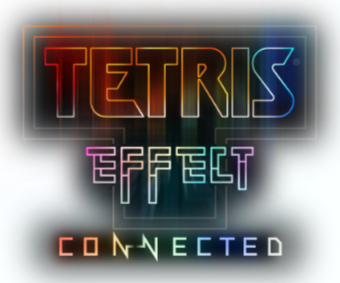“Despite more than thirty years of effort, Tetris’s sequels have, in the main, failed to supersede the original. Designed in 1984 by the Russian engineer Alexei Pajitnov, Tetris, as most people know, requires one to stack a cascade of tetromino shapes as they descend into a bucket. Form an unbroken line across the width of the bucket and the line disappears, creating more room. It’s an idea that arrived so perfectly formed that no designer has managed to improve it. Until, that is, Tetris Effect, which was designed by the Japanese musician Tetsuya Mizuguchi. Mizuguchi adds to the game a layer of musical notes and effects, which harmonize with both the dance soundtrack and the movement of the pieces. The result is a game in which every moment fizzes with wonder. Like Disney’s “Fantasia,” which yoked animation to music, it’s a simple idea that, through exquisite execution, elevates Tetris to something novel and thrilling.”
